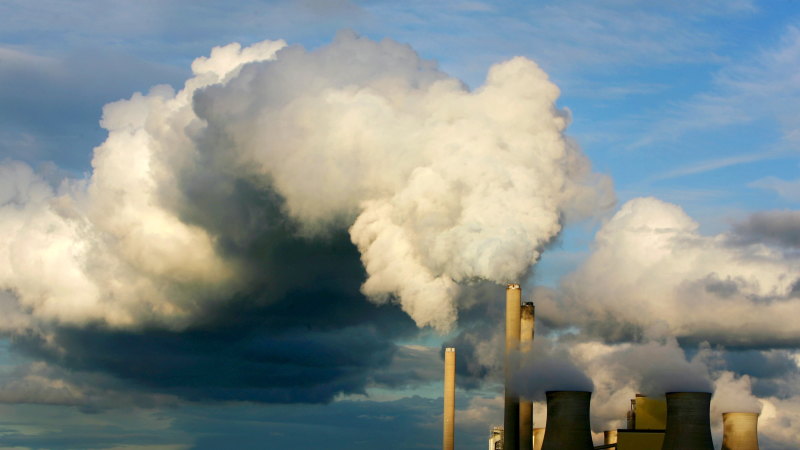Save articles for later
Add articles to your saved list and come back to them any time.
What price tag would you put on preserving a functioning human civilisation? Would $300 trillion just about cover it? Could that even be a bargain?
Bloomberg’s green-energy research team, BNEF, estimates in a new report this week it could cost $US196 trillion ($295 trillion) in investments to zero out the world’s carbon emissions by 2050, as many countries have pledged to do, to avoid society-destroying global warming.
It probably won’t shock you to learn the world’s net-zero pledges haven’t yet been followed by the hard cash, or even promises of hard cash, necessary to make them a reality.
Annual green investments will need to nearly triple by 2030 if we are to have any hope of hitting net zero by 2050.Credit: Fairfax
BNEF suggests annual green investments will need to nearly triple to $US6.9 trillion by 2030 if we are to have any hope of hitting net zero by 2050. This will include governments, businesses and consumers swapping most of the world’s fleet of petrol-powered vehicles for electric ones, building charging stations for those vehicles and replacing fossil fuel-powered energy with wind, solar and other renewables, with new grids to connect them all.
“With the tangible impacts of climate change becoming more real by day, the window to make a dent in global warming is closing,” BNEF analyst Nilushi Karunaratne wrote in a report. “But there is still an opportunity for meaningful change.”
The BNEF estimate actually is on the low end compared with a McKinsey reckoning that transitioning society away from fossil fuels will require average annual spending of $US9.2 trillion between 2021 and 2050, or $US275 trillion. Similar to BNEF, McKinsey also warned the highest spending would have to occur within the next 15 years.
As shockingly large as these numbers may seem, they are minimal compared with the likely price tag for doing nothing. Insurance giant Swiss Re has estimated that runaway global warming could gouge $US23 trillion per year from global GDP, with developed economies possibly 10 per cent smaller than they should be in a cooler world. By such measures, spending $US200 trillion over 27 years sounds relatively cheap.
S&P Global has estimated climate change could shave 4 per cent from annual global GDP by 2050. That could mean a mere $US13 trillion per year in economic losses — still more than the $US7 trillion or so we would spend to avoid them. And those losses would fall especially hard on fast-growing countries in the global South, with South Asia losing 15 per cent of GDP, Central Asia losing 7 per cent and sub-Saharan Africa losing 6 per cent.
The zero-by-2050 goal isn’t some arbitrary target, but likely our best hope of keeping global heating to 1.5 degrees Celsius above pre-industrial averages, beyond which the damage to the planet’s habitability will rise exponentially. At the moment, we’re on a path to approach 3 degrees of warming, which scientists warn could render large swaths of the planet unlivable.
The tricky part of convincing politicians and voters to commit to net-zero is that most of the worst costs of rampant global heating are still decades down the road, while most of the investment to avoid such a disaster needs to happen right away.
As anybody who has ever struggled to exercise or save for retirement knows, humans have a hard time delaying gratification, even if it will make their future selves happier and more prosperous.
But climate change is already wreaking havoc on lives and livelihoods in 2023, after just 1.2 degrees of warming. It shouldn’t be too hard to imagine a world in which today’s climate disasters seem quaint in comparison.
Doing everything we can to avoid such a future is well worth a price that will only get steeper the longer we wait.
Bloomberg
The Business Briefing newsletter delivers major stories, exclusive coverage and expert opinion. Sign up to get it every weekday morning.
Most Viewed in Business
From our partners
Source: Read Full Article

